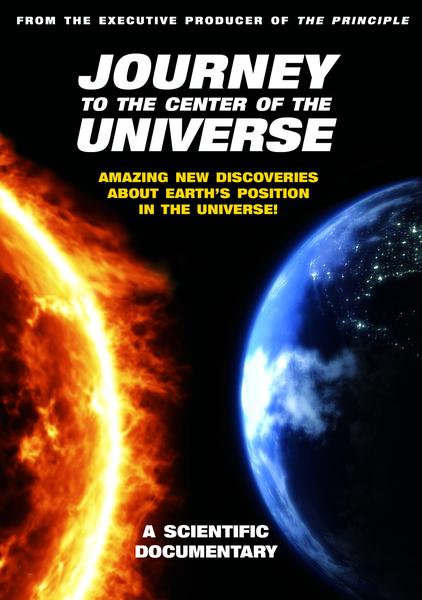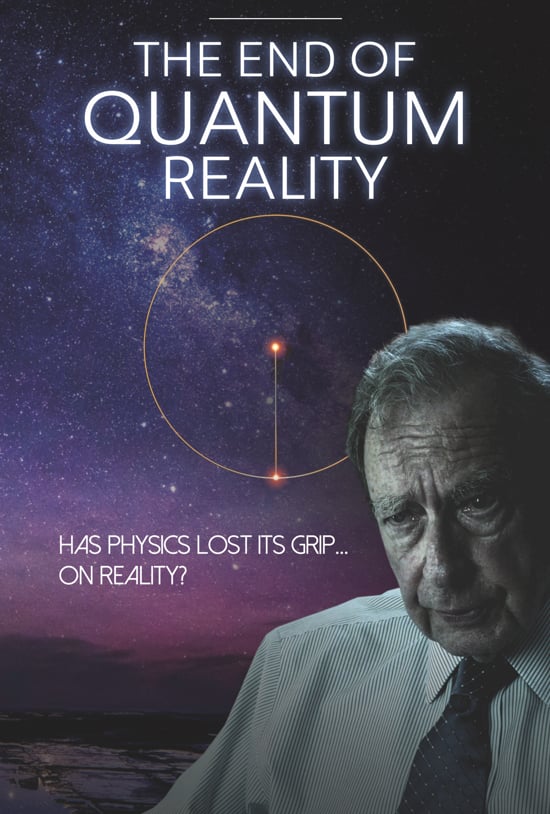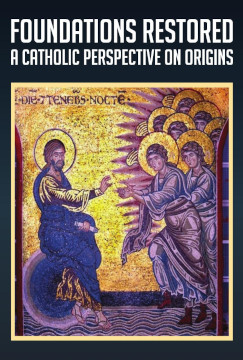- Welcome to St. Isidore forum.
Novus Ordo's ecumenical Holy Name of Mary "Mass" lacks Ecclus. 24:24-31 reading!
Started by Geremia, September 12, 2019, 03:19:15 PM
Previous topic - Next topic0 Members and 3 Guests are viewing this topic.
User actions






